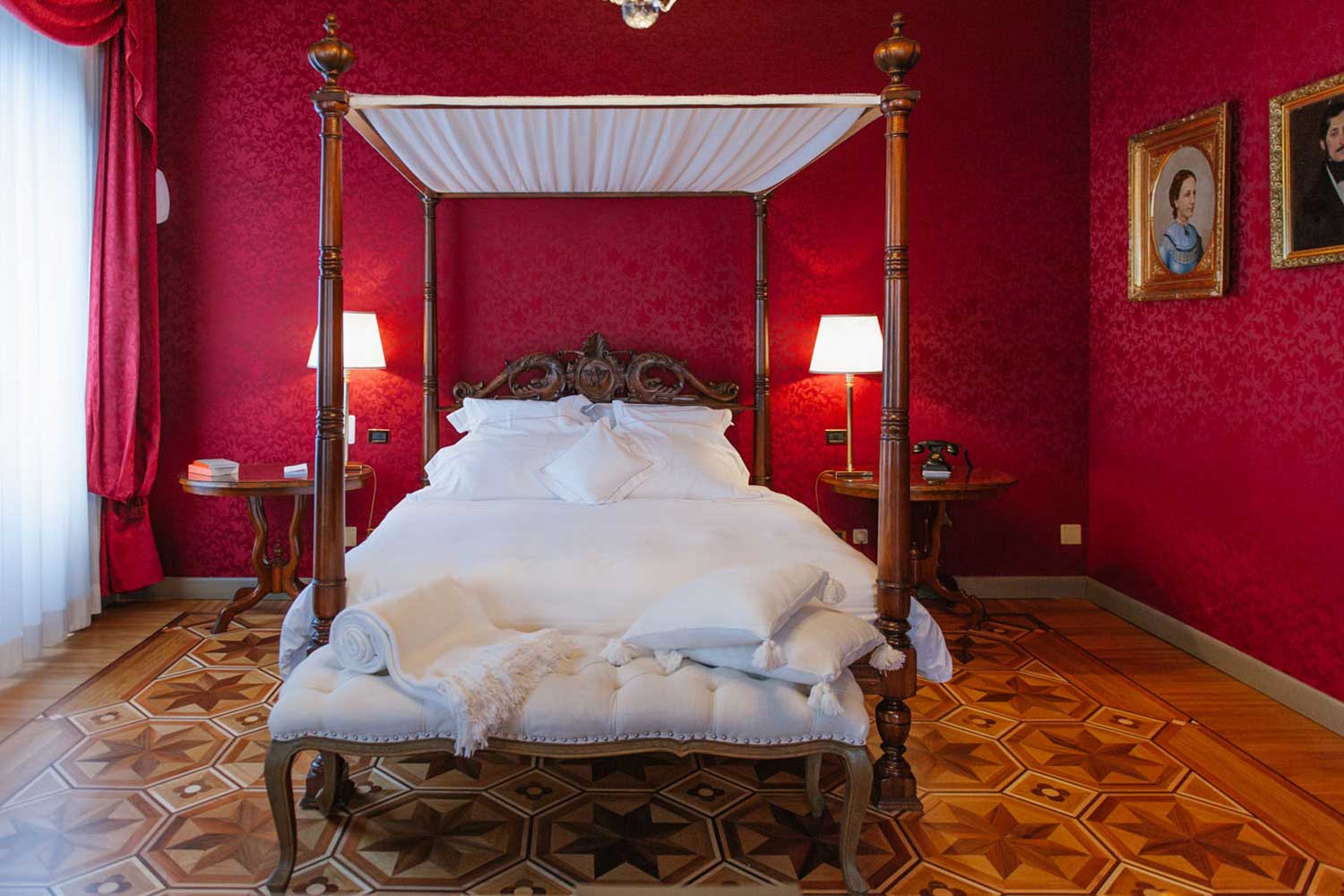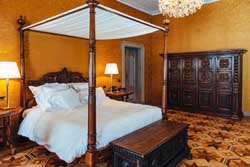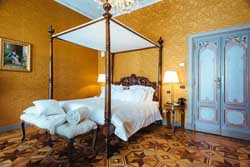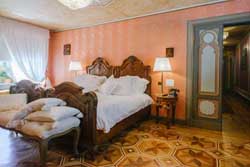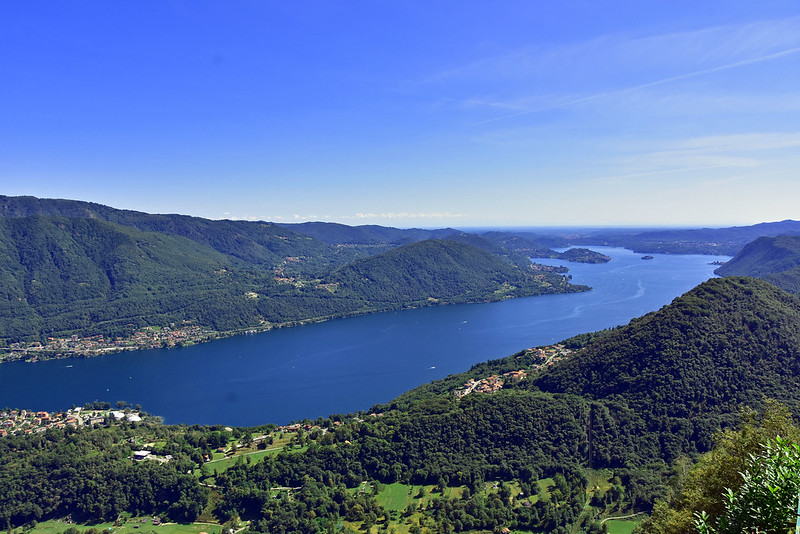
Gozzano, on the traces of Saint Giuliano
Gozzano is a town by the southern coast of Lake Orta. Gozzano is rich in historical sites, which dates back to Romanesque times.
Gozzano is a municipality that counts about 5,500 inhabitants. It sits close to the southernmost coast of Lake Orta. The toponym is curious: Gozzano originates from the Latin “Gaudianum”, which one can literally translate as “place of pleasure.” From the same root, we find the surnames “Godi” and “Godio,” which are very popular in the whole area.
Gozzano sits on some plain, which the hills of Valsesia and Stream Agogna surround. These landmarks also delimit the borders of the municipality.
Gozzano: the town’s history
We got to know who Saint Giulio was, and why Orta San Giulio – probably the most important center on Lake Orta- took his name.
Gozzano’s history intertwines with that of Saint Giulio, as well. More precisely, the history of Gozzano relates to that of Saint Giulio’s brothers, Giuliano, who built the 90th house for Marian devotion together with his brother Giulio. This house was the Church of San Lorenzo, where the inhabitants of Gozzano buried Giuliano before the translation to the Basilica of San Giuliano.
During the Middle Ages, Gozzano was divided into two city centers: the Villa (north-west) and the Vicus (south-east). The market square, which later became Piazza San Giuliano, divided these two districts. Between the Tenth and Eleventh century, the hill where Basilica di San Giuliano sits became a fort and then a castle. We find it mentioned for the first time in 1015.
What to see in Gozzano
As we understood, Gozzano is rich in important historical and spiritual sites. First, we find the Church of San Lorenzo, which is south to the urban settlement. San Giulio and San Giuliano founded the Church, according to tradition.
Recent archeological findings confirmed the hagiographical narrative: indeed, archeologists discovered the foundation of an early Christian Church. They think the Church was built between the end of the fifth century and the beginning of the sixth century. The church sits on what was a very revered burial site, which archeologist identified with that of Saint Giuliano.
From the eight century, the Church of San Lorenzo started a long period of decline, which reached its climax in the transferring of the relics of Saint Giuliano from there to a newly-founded Church, which was inside the city center.
In 1141, Novara’s bishop entrusted this latter Church to a group of laics, so that they could restore it. However, at that time citizens had already lost memory about San Giuliano. Therefore, they dedicated the Church to Saint Lorenzo, the martyr.
The current Basilica of San Giuliano dates back to the first decades of the 18th century. On the interior, we find two big canvas where scenes of the life of San Giuliano are present.
A must-see in Gozzano is the Church of Madonna Del Boggio, outside the city center. If you are in Gozzano, you should also visit the Church of Santa Maria di Luzzara, with its frescos that date back to the 15th and the 16th century, the Church of San Biagio and the Church of Purificazione di Maria Vergine, in Alzate and Bugnate.


